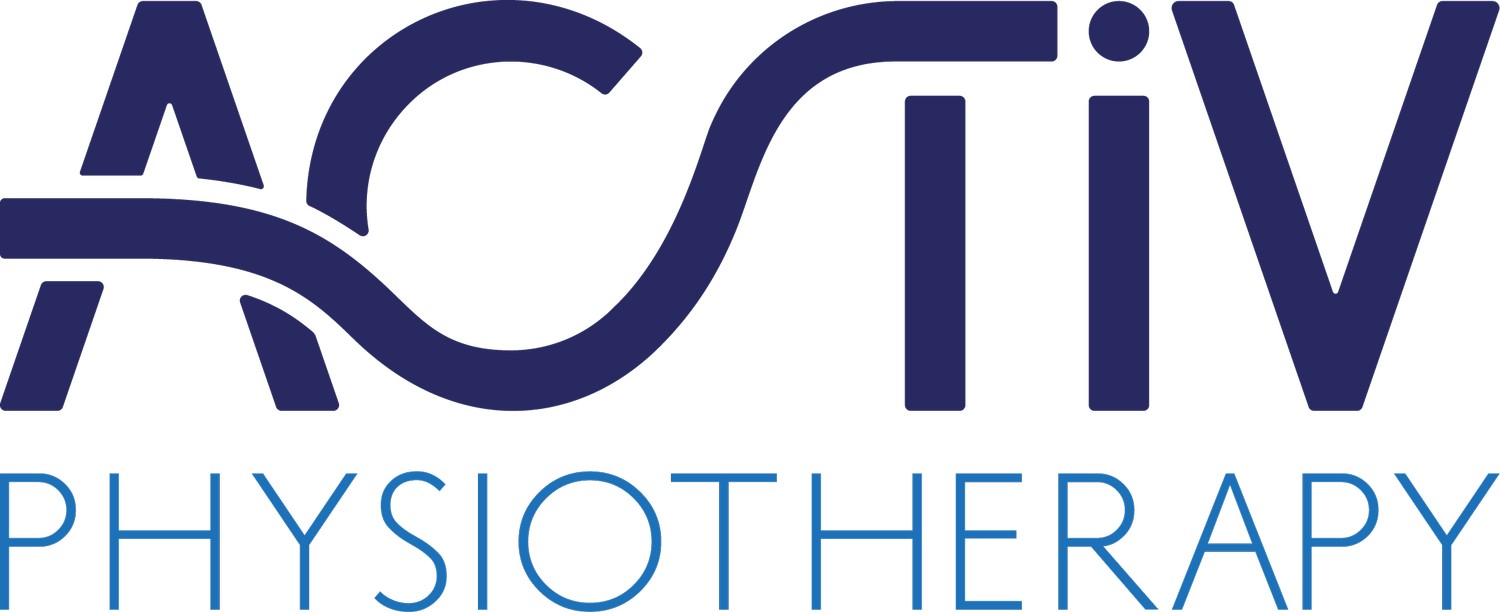
About our women’s health physiotherapy service
Women’s health physiotherapy is a specialist area of physiotherapy which involves the assessment and non-surgical treatment of a range of women’s health problems affecting the pelvis and pelvic floor muscles.
Recent studies show that 1 in 3 women experience women’s health problems during their lifetime, but often they are too embarrassed to seek help.
If women’s health problems have developed during pregnancy or since childbirth, they tolerate them thinking they are a normal part of being a woman.
Pelvic organ/vaginal prolapse are experienced in up to 50% of women who have had children, yet many women are unaware that there are effective treatments available.
These problems can lead to women developing their own coping strategies, such as cutting out ‘high risk’ activities like exercise; going to the toilet more frequently than necessary; drinking less in the misguided belief it will stop them leaking; or relying on pads as an expensive solution to the problem.
Yet sometimes all it takes is some specialist treatment and advice to get women back on track.
Conditions we can help with
Physiotherapy can be a highly effective treatment for these symptoms and in many cases is the first line treatment recommended before exploring other more invasive options.
At Activ Physiotherapy, our specialist physios can help you with a range of conditions including:
Pregnancy-related musculoskeletal problems (antenatal and postnatal)
Pelvic girdle pain (previously known as symphysis pubis dysfunction or SPD)
Back pain and/or sciatica
Separation of the tummy muscles (rectus diastasis)
Carpal tunnel syndrome
Gynaecological problems
Frequency passing urine – going to the toilet to pass urine more than 6-8 times a day
Urgency, urge incontinence and overactive bladder – a sudden compelling urge to pass urine, and maybe leaking on the way to the toilet
Stress urinary incontinence – caused by a rise in intra-abdominal pressure (e.g. coughing, sneezing, shouting, laughing, lifting, bending or standing up from sitting)
Rehab after gynaecological surgery, including hysterectomy
These conditions may have a number of causes but are usually associated with weak pelvic floor muscles although it’s always best to be assessed by a specialist therapist to see if pelvic floor muscle training is appropriate for you.
Pelvic health/ pelvic floor physiotherapy treatments are based around exercise and advice, which are tailored to you following a detailed assessment. It may also involve some manual therapy, relaxation and breathing techniques.
What to expect at your women’s health physiotherapy appointment
Your physiotherapist will be female and you will see the same physiotherapist each time you come for treatment.
Your first appointment can last up to 1 hour and follow-up appointments up to 30 minutes. A detailed history will be taken about the problems you are experiencing.
Some of the questions may be of a personal nature to gain a full insight into the nature of your problems.
With your consent, your physiotherapist may offer an internal (vaginal) pelvic floor examination. This is not compulsory but forms a valuable part of your assessment and necessary to assess your pelvic floor function and establish the potential causes of your symptoms.
It also ensures that your treatment is tailored specifically to you and help us to improve the outcome of your physiotherapy treatment.
If you do not wish to be examined or if you feel at all anxious, please inform your physiotherapist. If you do not want to be examined that is fine, we can still provide you treatment.
At the end of your first appointment, the physiotherapist will discuss a treatment plan with you. You’ll also have chance to ask any questions you might have.
Treatment varies for everyone, but most people need to attend a course of between 3-5 sessions over a period of around four months.
Who will be looking after you on your physiotherapy journey?
Suvarna Mohture, is our leading physiotherapist in our Women’s Health Clinic and will work alongside you to ensure that you get the most out of your treatment with us here at Activ.
Suvarna has over 20 years’ experience as a physiotherapist and has completed specialist training in Women’s Health physiotherapy.
She has a special interest in antenatal and post-natal physiotherapy. Being a mother herself, she understands the importance of optimising physical and mental health and wellbeing for expectant and new mothers.
If you would like to read some of her latest blogs on Women’s Health, head over to our blog, alternatively here are link to her latest blog posts:
The Role of Physiotherapy in Managing Pelvic Organ Prolapse
Empowering New Mums Through Antenatal and Postnatal Physiotherapy
“Women play a diverse and significant role in society and it is crucial to prioritise their well-being. Women face unique health challenges throughout their lives, from pregnancy and childbirth to hormonal changes, menopause and musculoskeletal conditions. Physiotherapy, a holistic approach to healthcare, can be instrumental in addressing women's unique health needs, supporting them throughout different stages of life and empowering them to live their lives to their fullest.”




